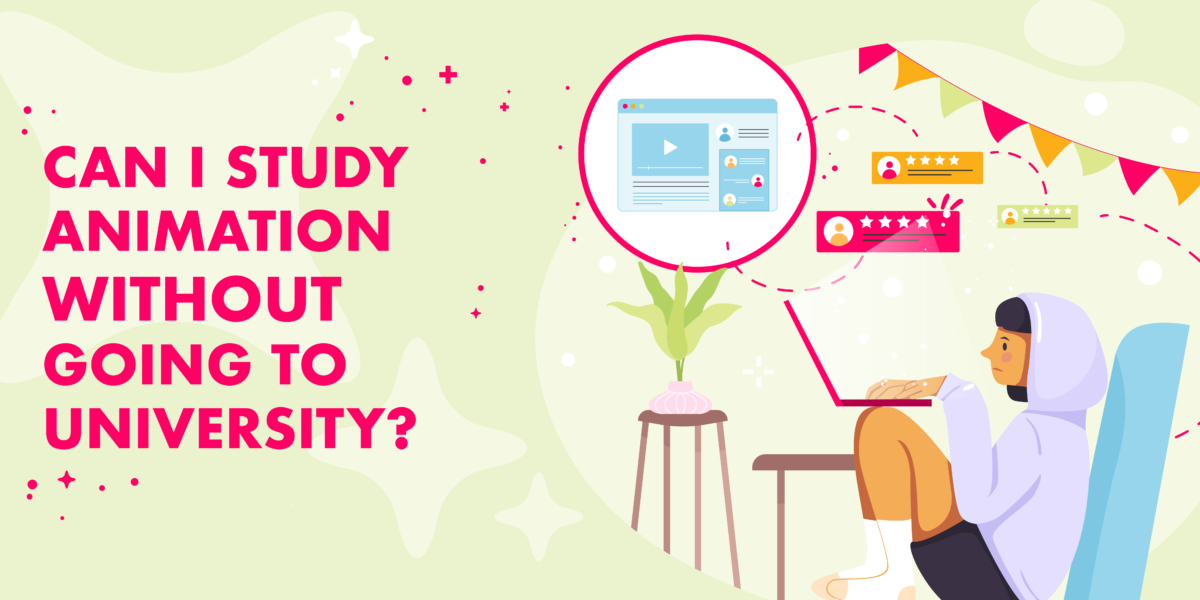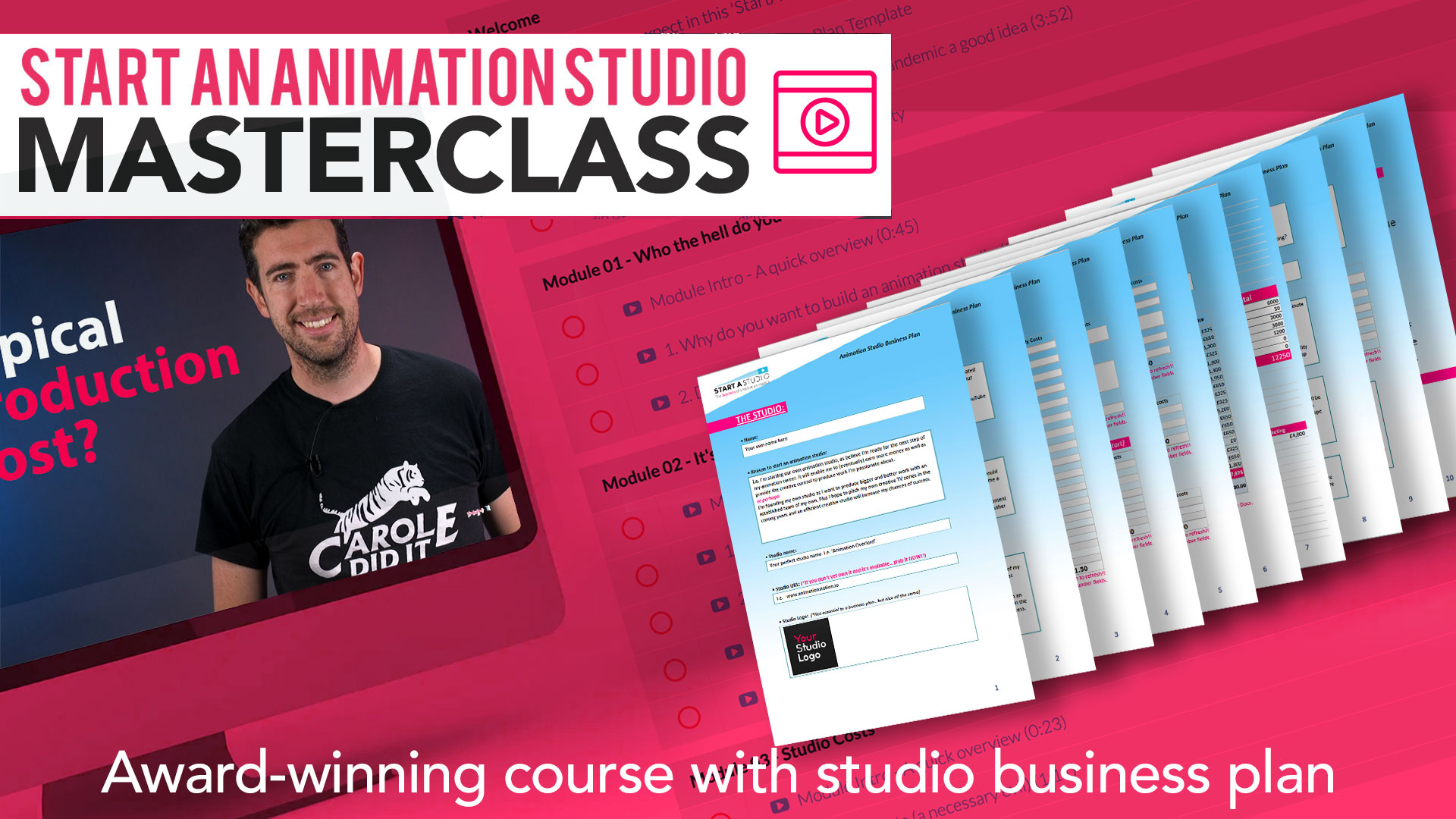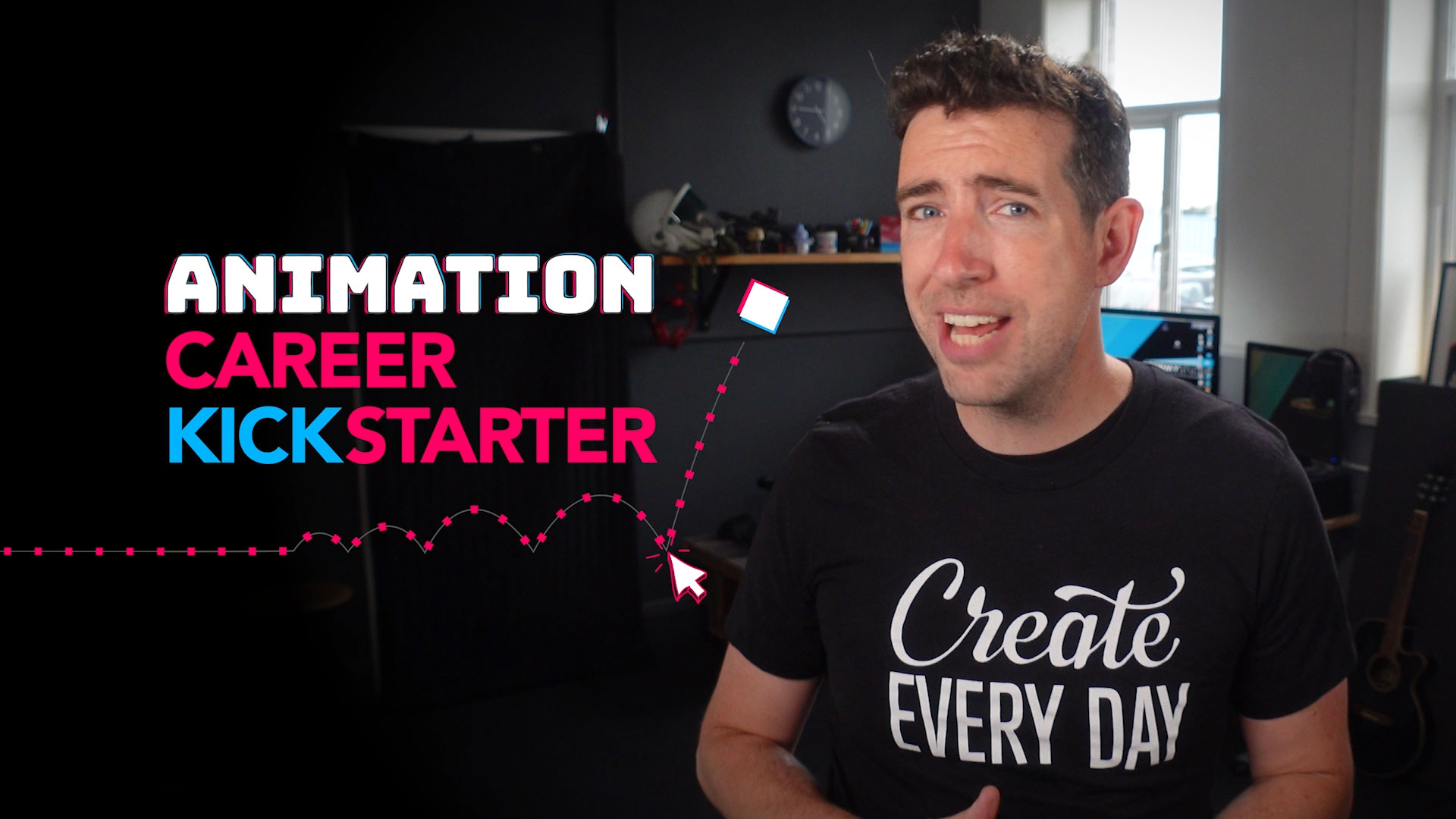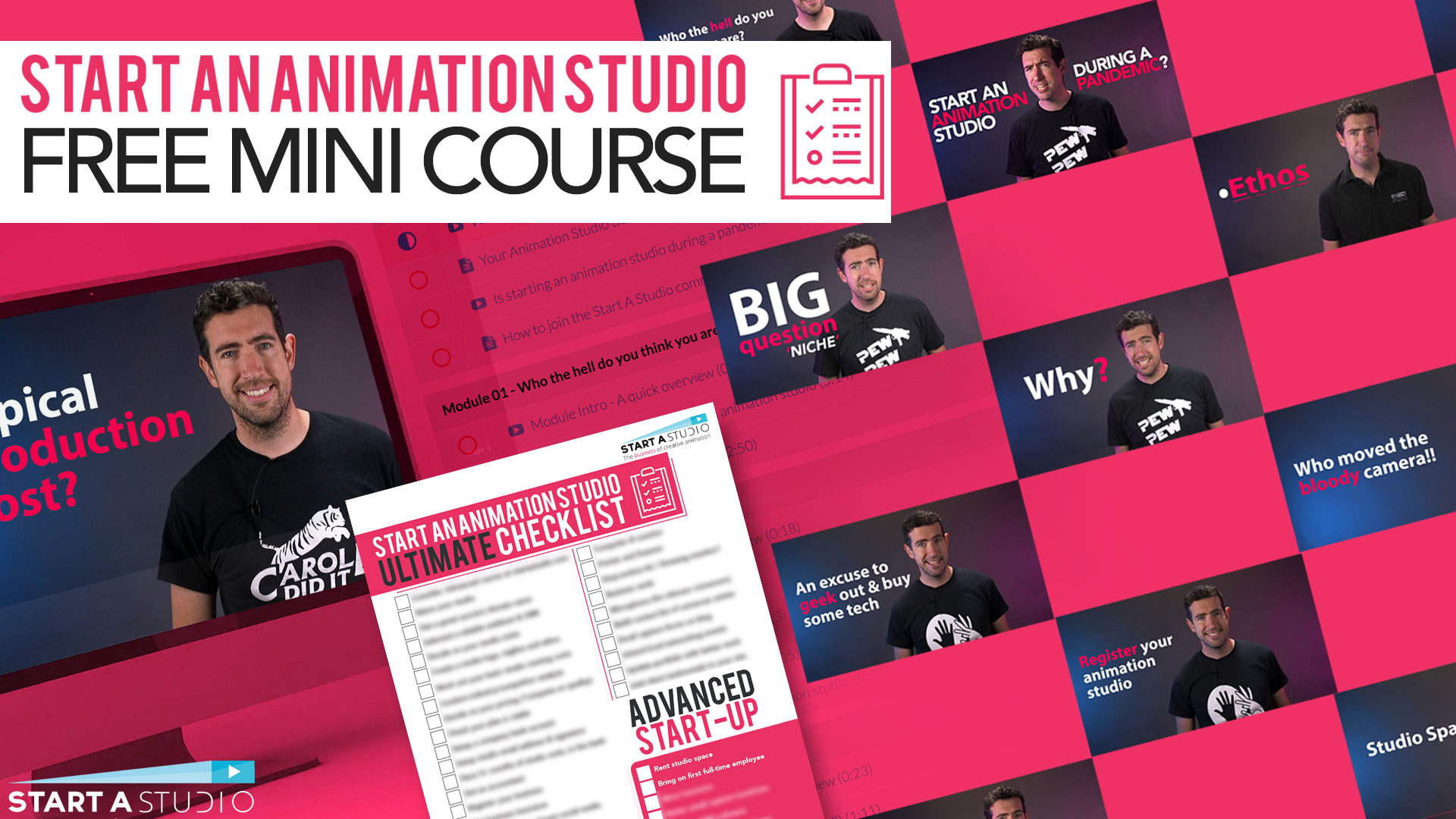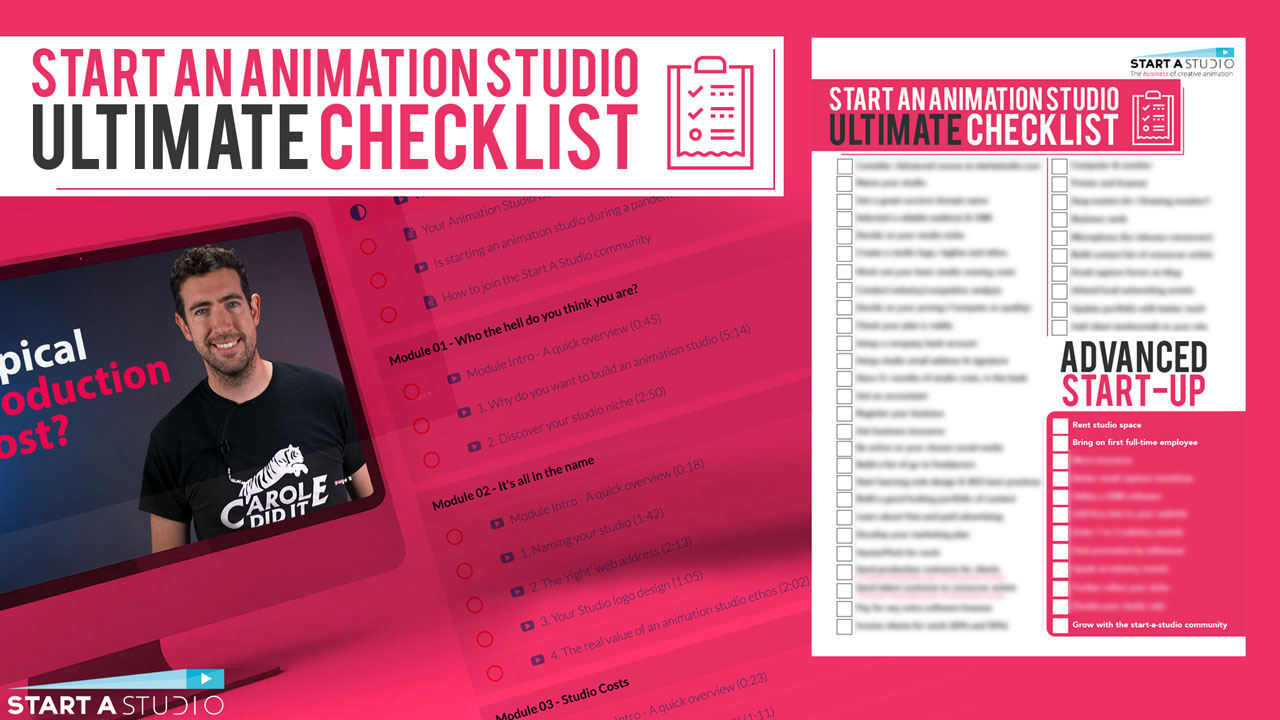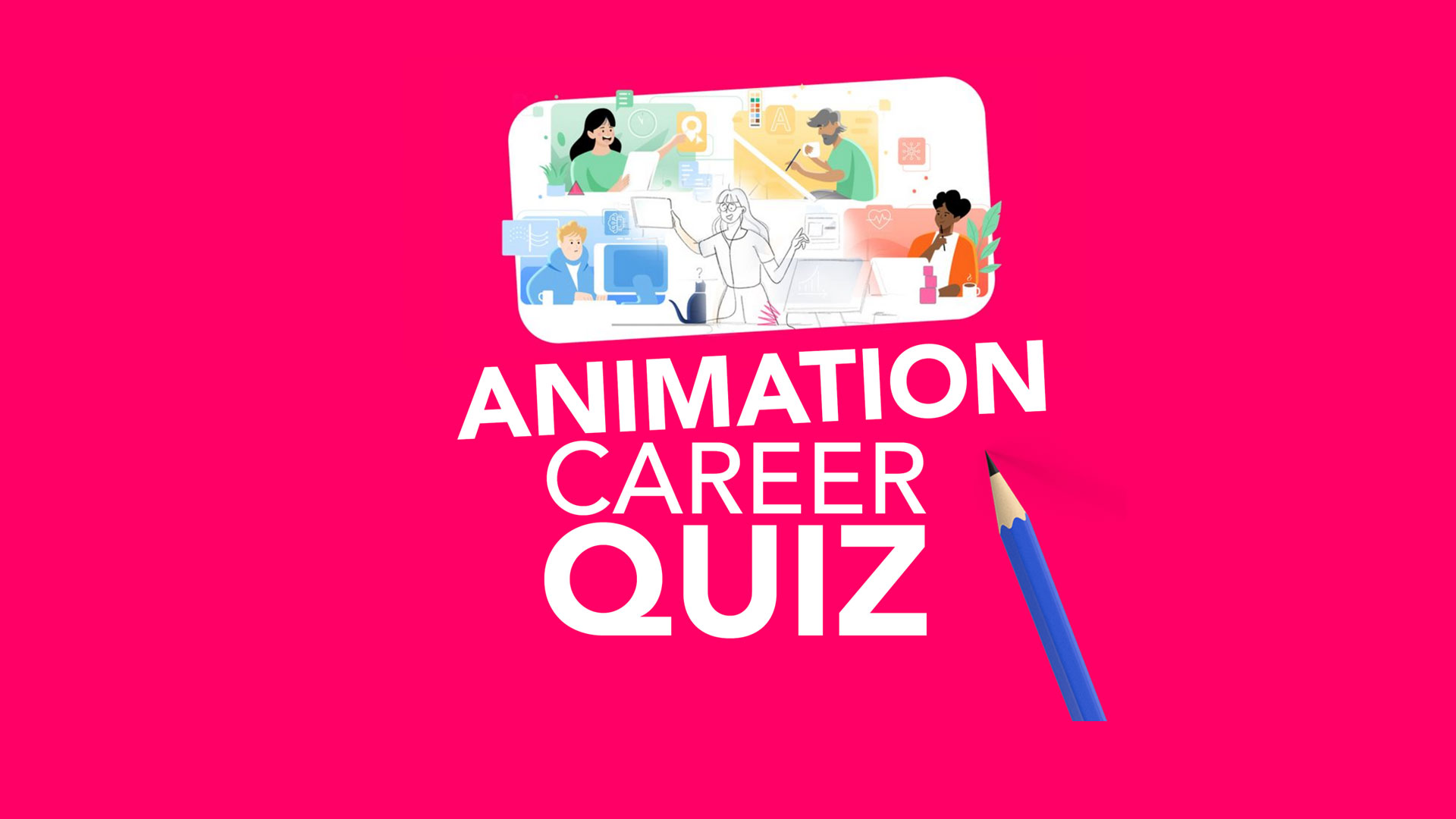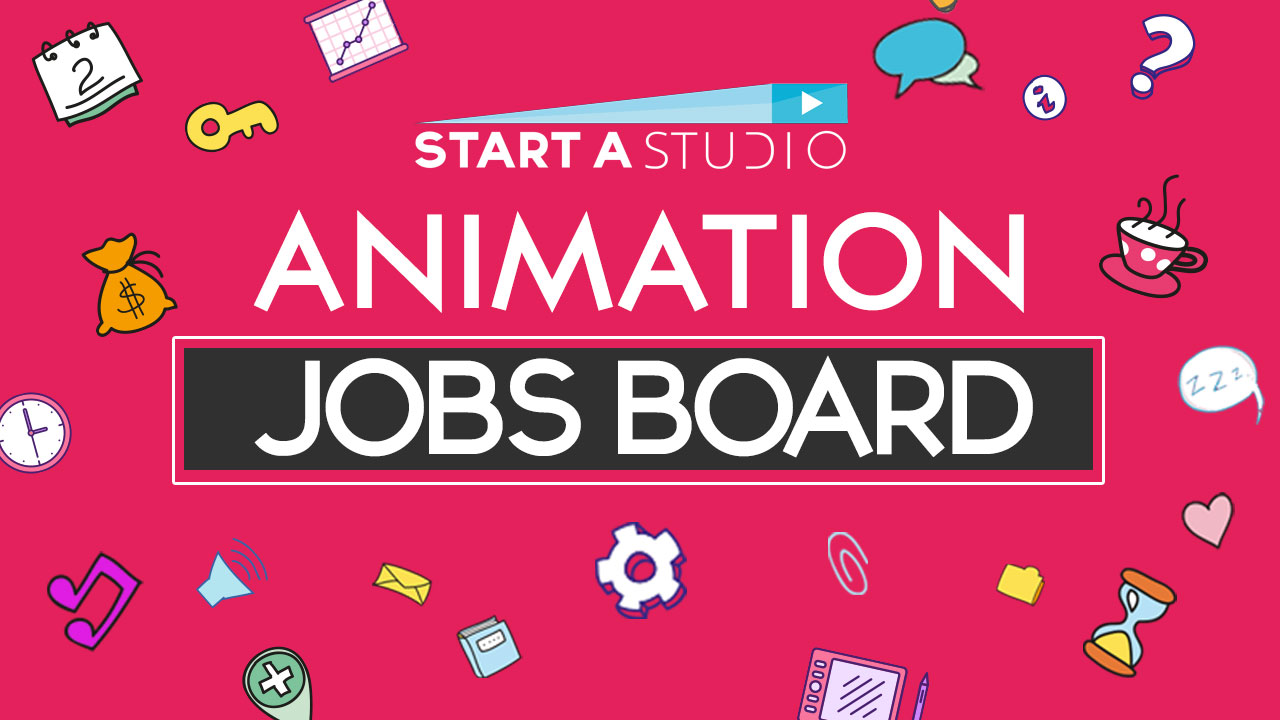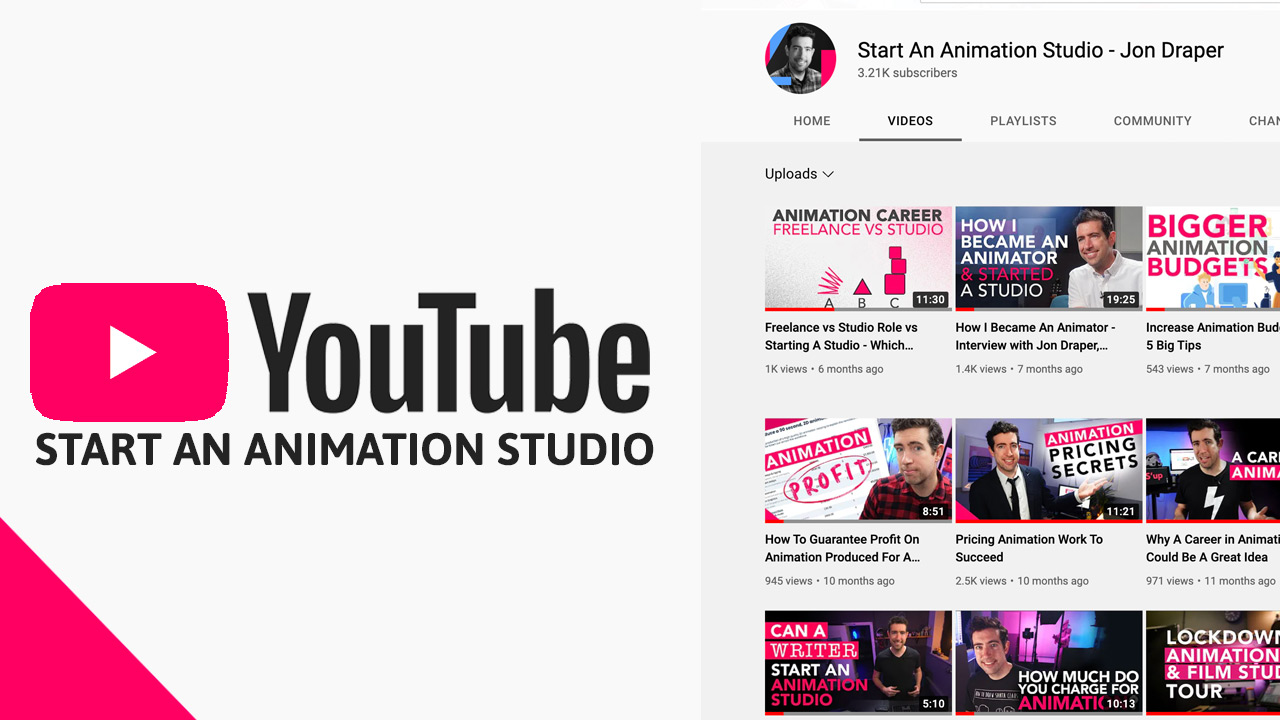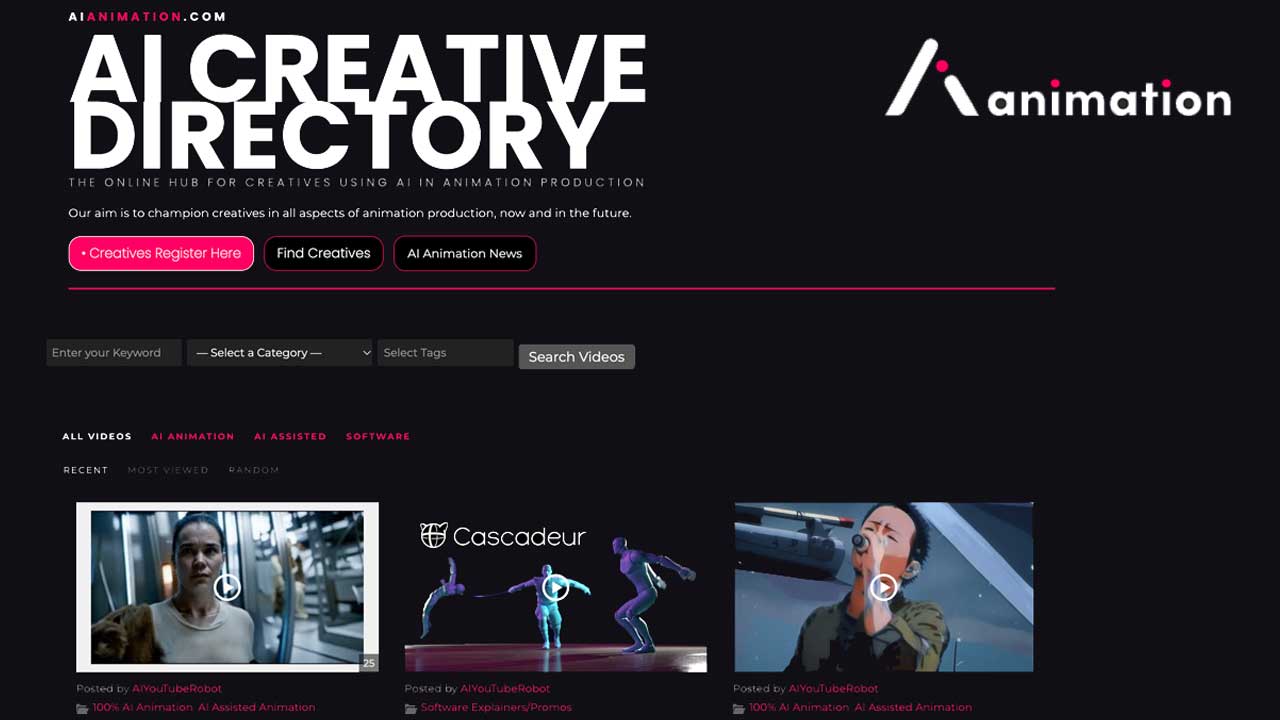So, you want to learn animation. What's the next step?
Twenty years ago, going to study animation at university or college were the best way into the industry. With the rise of online resources, many aspiring animators today are rejecting the traditional route for a self-taught career. How do you know which learning route is best for you?
Studying animation at university
Animation degrees can seem an obvious choice for many would-be animators. Universities and Colleges have designed the animation courses they offer to be as useful as possible to their students. As a student of animation, you’ll have access to resources which are inaccessible to many self-taught animators. Here are some pros and cons to consider before choosing to study animation...
Pros
Industry Level Feedback
Being surrounded by professionals and likeminded students will offer you great feedback, often at industry level. If you have external modules, you will be working with live briefs, giving you a real taste of what it's like to animate as a professional.Therefore, you will receive high quality, realistic feedback. If you're unfamiliar with it, studying animation will also introduce the concept of constructive criticism, which is one of the most valuable ways to grow as a creative.

Networking and collaboration
Another thing animation qualifications provide is the chance to network. Not only will you connect with professionals, you’ll also network with your fellow students. For self-taught animators, building a network of this size is a challenge, making it a great option to study animation.
Traditional animation study involves constant collaboration. You’ll regularly be asked to work alongside course mates and give feedback for one another’s projects. Working in a studio requires constant collaboration, so this environment is great experience.

Cons
Time
As well as cost, animation school can be time demanding. Beyond the in-person teaching of lectures and class, you will have longer and tighter deadlines for essays, briefs and practical coursework. All of this can be tricky to balance. If you want to learn animation but need to hold down a nine-to-five, animation school might not be for you. Instead, find online resources you can learn from in your own time.

Teaching yourself animation
Many self-taught animators argue that on its own, a qualification is useless. Studios and clients are more interested in your experience and show reel than which course you attended. Here's what you should consider before going it alone...
Pros
Budget-friendly
Self-taught animation is far cheaper than most degrees. Depending on where you live, and what university you attend, you can be set back by serious student debt after graduation. When you teach yourself animation, you can control the resources you think are worth the money. In other words, you'll know you're getting your money's worth.
One way to learn animation is through YouTube. Check out our post on our 10 top YouTube animation channels to get started.

Catered to you
Want to exclusively work on 3D? Go ahead - no one is stopping you! When you teach yourself animation, you get to choose the materials you want to study. This means you can skip any skills that aren’t relevant to your learning and go straight to the good stuff. For many animators, this results in a much shorter learning curve, as they focus their learning on the skillset they want to build.

Cons
Lack of feedback
When you’re teaching yourself, it can be difficult to find objective feedback. If you’re lucky, you’ll have an industry contact, but they might not have the time to provide regular feedback.
A good solution is to use forums, or reach out to other aspiring animators and critique each other’s work. Consequently, this will not only will this help you improve, but it will help you create connections that could help you out later in your career.

Summary
In conclusion, deciding whether to take a traditional course or go it alone can take a lot of thought. Understanding the tools, resources and knowledge you need is essential when deciding how to learn. Both self-taught and university-taught animators have gone on to succeed in the industry, so the choice is yours!
Want to succeed in animation?
Check out our top tips for getting valuable industry experience.
Interested in an animation career or starting a studio?
Checkout these resources
Share this Post

